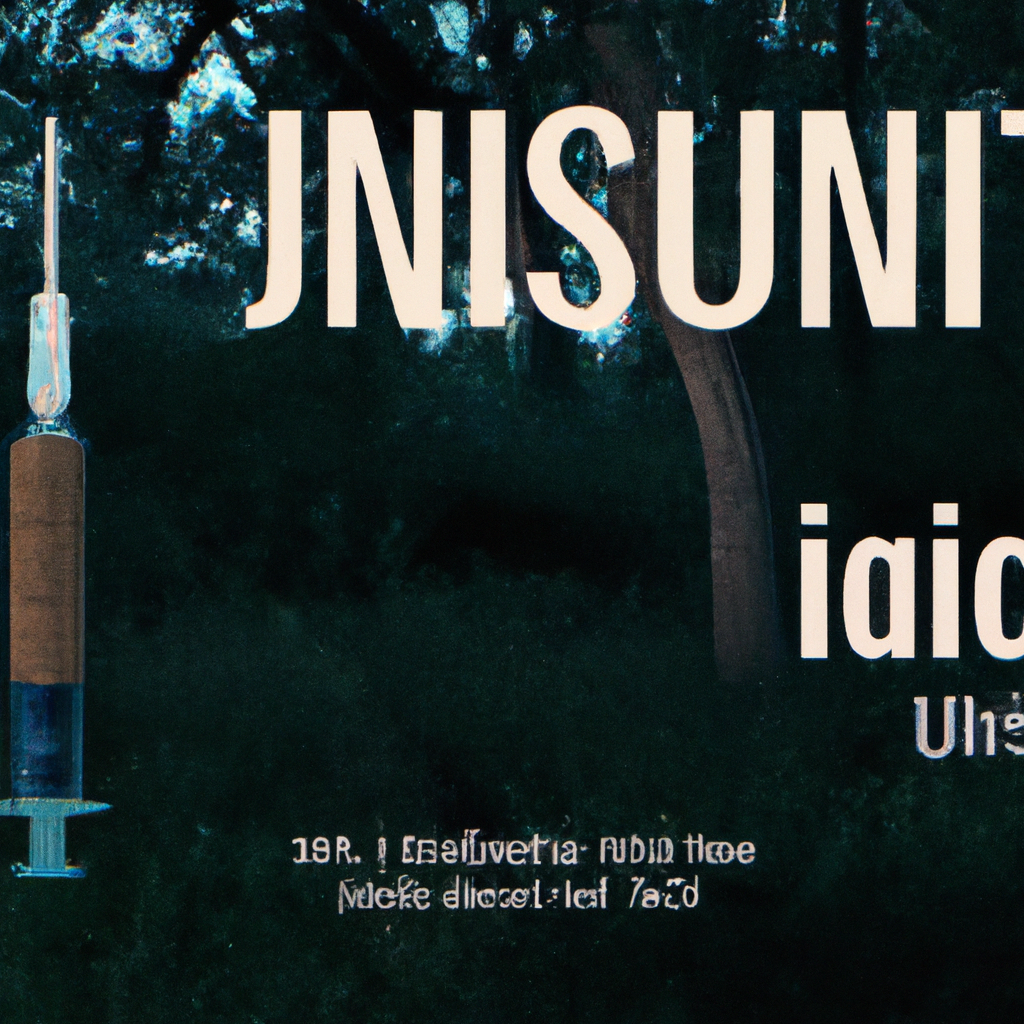-
Reading Roadmap
- Impact of Insulin Delivery Methods on Fetal Overgrowth and Preterm Delivery in Type 1 Diabetes: Insights from the EVOLVE Study
- Key Takeaways
- Introduction: Unraveling the Impact of Insulin Delivery Methods
- Continuous Subcutaneous Insulin Infusion vs. Multiple Daily Injections
- The Role of Optimal Glycemic Control
- Need for Further Research
- FAQ Section
- Conclusion: The Way Forward in Managing Type 1 Diabetes During Pregnancy
- Further Analysis
Impact of Insulin Delivery Methods on Fetal Overgrowth and Preterm Delivery in Type 1 Diabetes: Insights from the EVOLVE Study

[youtubomatic_search]
Key Takeaways
- The EVOLVE study provides valuable insights into the impact of insulin delivery methods on fetal overgrowth and preterm delivery in type 1 diabetes.
- Continuous subcutaneous insulin infusion (CSII) and multiple daily injections (MDI) are the two main insulin delivery methods studied.
- CSII is associated with a lower risk of fetal overgrowth and preterm delivery compared to MDI.
- Optimal glycemic control is crucial in reducing the risk of these complications.
- Further research is needed to confirm these findings and to explore the underlying mechanisms.
Introduction: Unraveling the Impact of Insulin Delivery Methods
Diabetes, particularly type 1, poses significant risks to both the mother and the fetus during pregnancy. Among these risks are fetal overgrowth and preterm delivery, which can lead to various complications. The EVOLVE study, a landmark research project, has shed light on the impact of insulin delivery methods on these risks. This article delves into the findings of this study and their implications for the management of type 1 diabetes during pregnancy.
Continuous Subcutaneous Insulin Infusion vs. Multiple Daily Injections
The EVOLVE study compared two primary insulin delivery methods: continuous subcutaneous insulin infusion (CSII) and multiple daily injections (MDI). CSII involves the use of an insulin pump that delivers insulin continuously throughout the day, while MDI involves injecting insulin several times a day with a syringe or pen.
The study found that CSII was associated with a lower risk of fetal overgrowth and preterm delivery compared to MDI. Fetal overgrowth, or macrosomia, is a condition where the fetus grows too large, increasing the risk of complications during delivery. Preterm delivery, on the other hand, is birth that occurs before 37 weeks of gestation, which can lead to various health problems for the baby.
The Role of Optimal Glycemic Control
One of the key findings of the EVOLVE study is the crucial role of optimal glycemic control in reducing the risk of fetal overgrowth and preterm delivery. Glycemic control refers to the management of blood sugar levels, which is particularly important in diabetes.
The study found that women who used CSII had better glycemic control compared to those who used MDI. This could explain the lower risk of complications associated with CSII. However, the study also emphasized that regardless of the insulin delivery method, achieving optimal glycemic control is essential in reducing these risks.
Need for Further Research
While the EVOLVE study provides valuable insights, further research is needed to confirm these findings and to explore the underlying mechanisms. For instance, it is still unclear why CSII is associated with a lower risk of complications compared to MDI. Understanding these mechanisms could lead to more effective strategies for managing type 1 diabetes during pregnancy.
FAQ Section
- What is the EVOLVE study? The EVOLVE study is a research project that investigated the impact of insulin delivery methods on fetal overgrowth and preterm delivery in type 1 diabetes.
- What are the main insulin delivery methods studied? The study compared continuous subcutaneous insulin infusion (CSII) and multiple daily injections (MDI).
- What were the main findings of the study? The study found that CSII was associated with a lower risk of fetal overgrowth and preterm delivery compared to MDI.
- What is the role of glycemic control? Optimal glycemic control is crucial in reducing the risk of these complications, regardless of the insulin delivery method.
- Is further research needed? Yes, further research is needed to confirm these findings and to explore the underlying mechanisms.
Conclusion: The Way Forward in Managing Type 1 Diabetes During Pregnancy
The EVOLVE study has provided valuable insights into the impact of insulin delivery methods on fetal overgrowth and preterm delivery in type 1 diabetes. The findings suggest that continuous subcutaneous insulin infusion could be a more effective method compared to multiple daily injections. However, regardless of the method, achieving optimal glycemic control is crucial. As we move forward, further research is needed to confirm these findings and to uncover the underlying mechanisms. This could pave the way for more effective strategies in managing type 1 diabetes during pregnancy, ultimately improving the health outcomes for both mother and baby.
[youtubomatic_search]
Further Analysis
As we review the key takeaways from this article, it is clear that the EVOLVE study has made significant strides in understanding the impact of insulin delivery methods on fetal overgrowth and preterm delivery in type 1 diabetes. The study’s findings highlight the potential benefits of continuous subcutaneous insulin infusion and the importance of optimal glycemic control. However, the need for further research underscores the complexity of this issue and the ongoing efforts to improve the management of type 1 diabetes during pregnancy.







